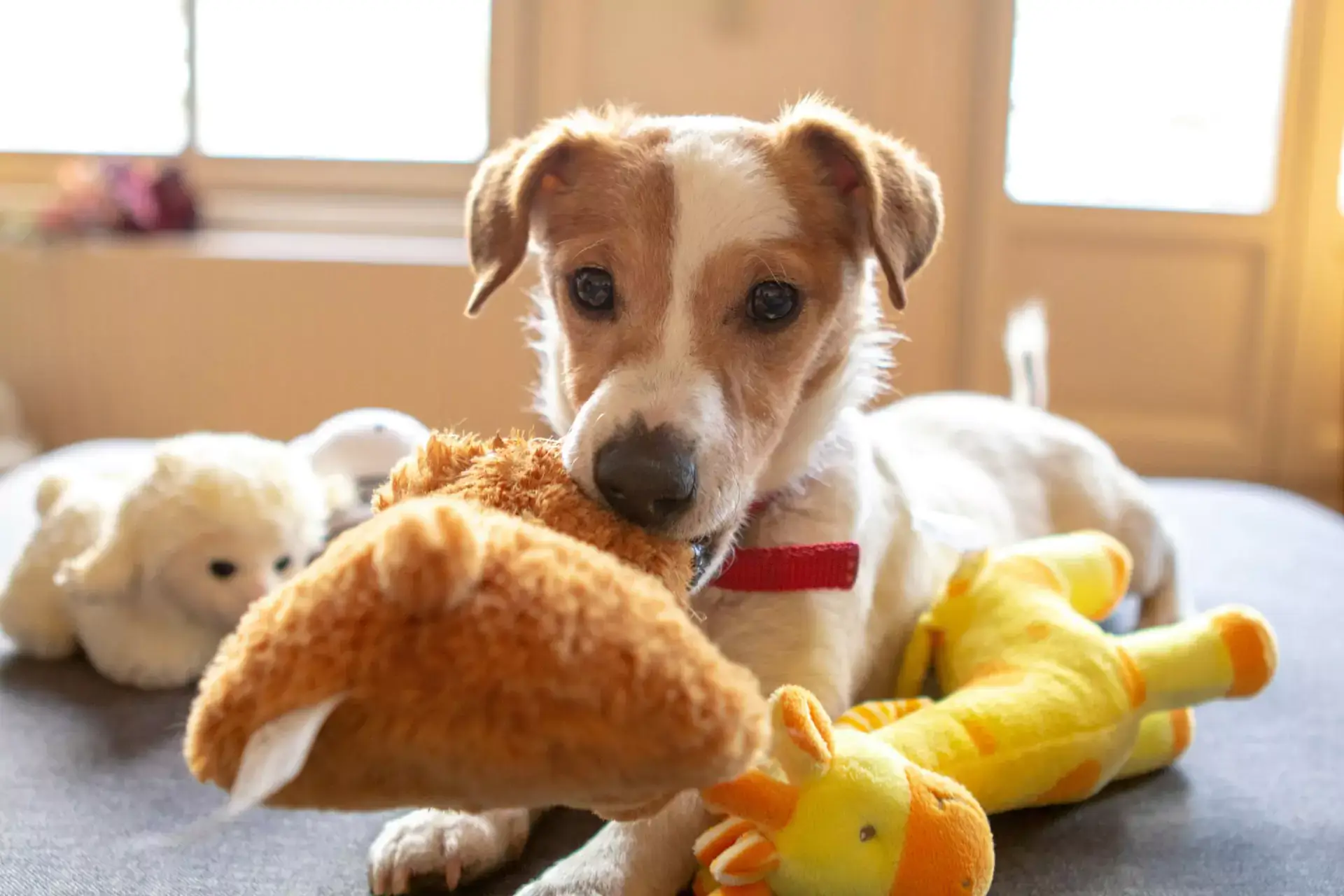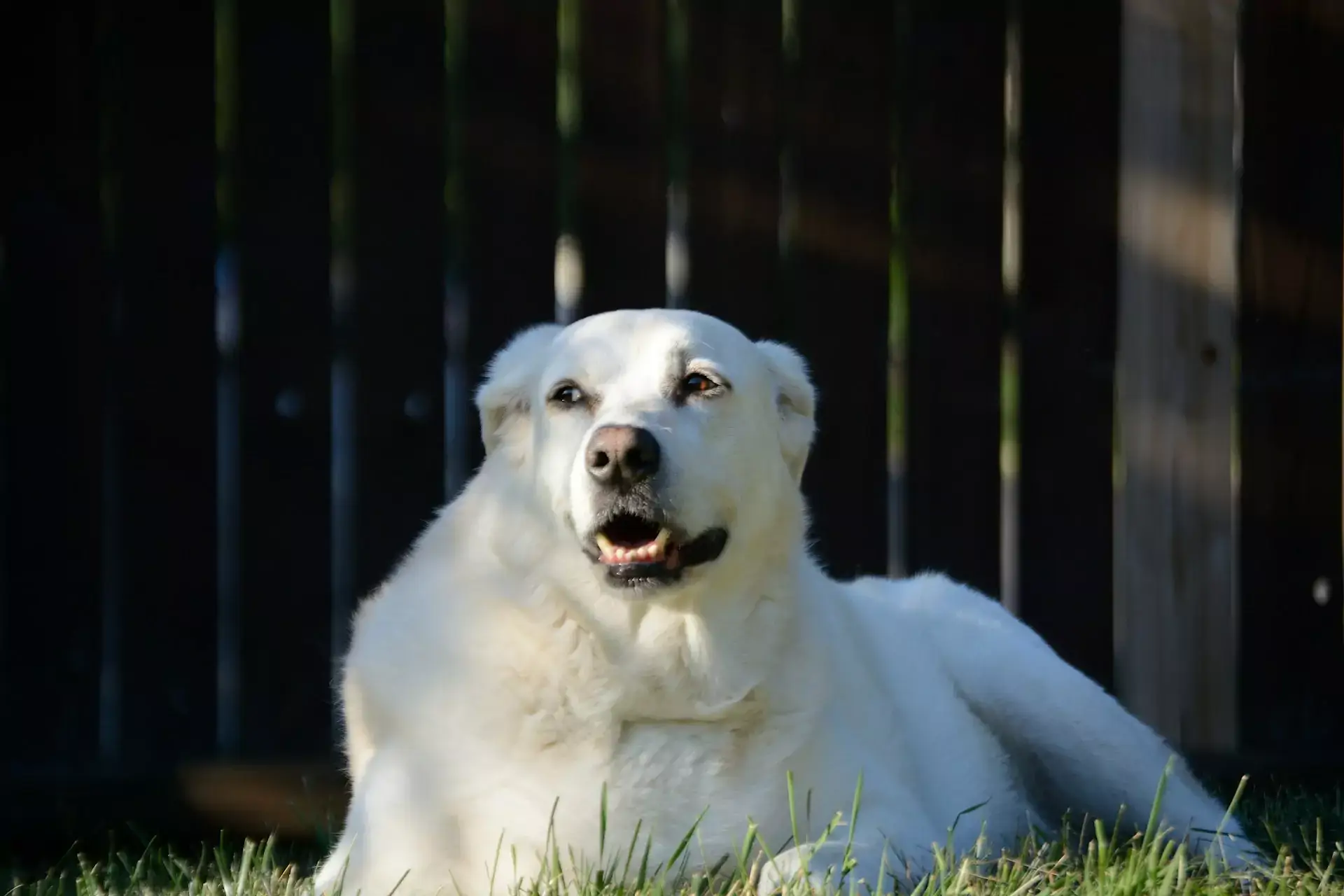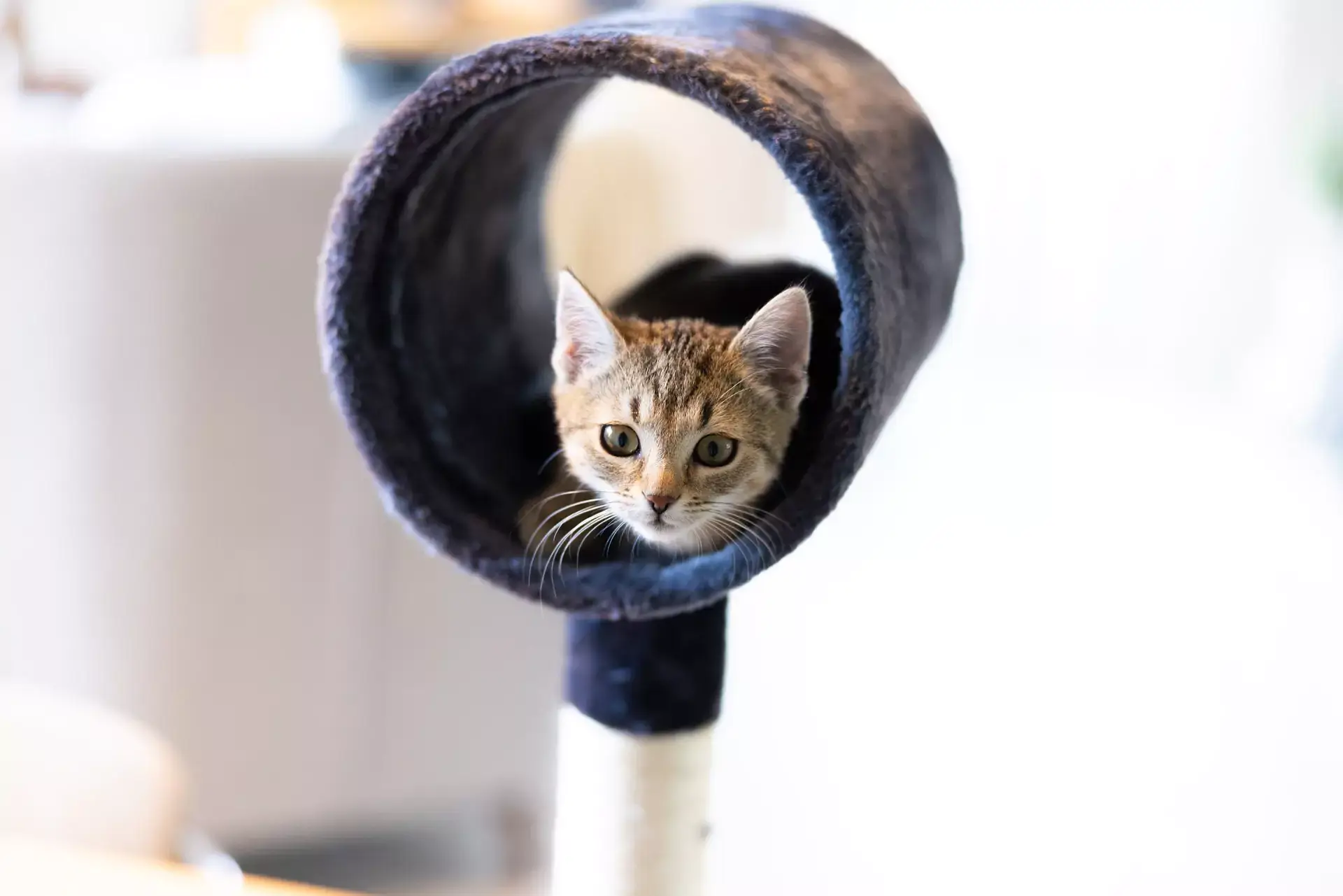Halloween is an enchanting time for families, filled with costumes, candies, and festive fun. However, amid the excitement, the safety of our furry friends can easily be overlooked. To ensure a spook-tacular celebration for all, prioritizing how to “keep pet safe Halloween” is crucial. This article, brought to you by a seasoned Rancho Santa Fe veterinarian, dives into the lurking dangers of Halloween—from toxic treats to costume hazards—and offers expert advice on safeguarding your pets. Discover essential tips to prevent your pets from escaping, manage their anxiety, and handle potential emergencies. Whether you’re a new pet owner or a seasoned animal lover, these insights are indispensable for a safe and happy Halloween.
Halloween and trick-or-treat night are only a few short weeks away. Is your pet ready for the hustle and bustle? It’s a fun time of year for the whole family, but it’s important that you make sure your animal companion stays safe. Here, your Rancho Santa Fe, CA veterinarian tells you about some Halloween pet hazards to watch out for:
Chocolate and Candy
There’s a lot of chocolate and candy floating around your home in the weeks leading up to trick-or-treat night. Chocolate of all kinds is bad for pets—it contains stimulant chemicals like caffeine and theobromine, which don’t treat our pets well. Candies are often sweetened with xylitol, an artificial sweetener that is toxic to animals. It’s important that you don’t leave sweet treats like these lying around on countertops where pets could get at them. And keep a close eye on the trick-or-treat bowl to make sure your pet can’t gain access.
Costumes
Thinking of dressing up your pet in their very own Halloween costume this year? It’ll definitely look cute. Just make sure your animal companion is okay with it. Not every pet likes wearing clothing—in fact, it can stress some pets out greatly. Do a test run before the big night to make sure your companion’s outfit fits properly, because pets don’t like clothing that fits too tightly or too loose. And check the costume for any small parts like zippers or plastic buttons that could be chewed off, swallowed, or choked on.
Escape
With the constant opening of the front door for trick-or-treaters, there’s a higher chance than normal that your pet could dart out into the night. The last thing you want to be doing on trick-or-treat night is searching for a lost pet in the dark! If your pet is the type to dart, make sure they’re safely secured indoors. It’s always a good idea to have them microchipped, wearing ID tags on the collar, or both for extra peace of mind.
Anxiety
Even if your pet isn’t the type to make a run for it, trick-or-treat night can cause great anxiety. The doorbell is ringing constantly, strangers are showing up to your home… For many pets, this causes a high level of stress. Consider having a family member comfort your pet through the night, or secure them in a different room away from the commotion.
How to Keep Your Pet Safe on Halloween in 2024: Essential Tips for a Stress-Free Celebration
How can pet owners prepare their pets for Halloween festivities?
To prepare pets for Halloween festivities, owners should start by ensuring their pets are comfortable with costumes, introducing them gradually and ensuring a proper fit. Pets should be kept in a secure, quiet room away from the front door to minimize anxiety from frequent visitors and noise. It’s crucial to keep all candy, especially chocolate and those containing xylitol, out of pets’ reach due to their toxic effects. Additionally, decorations should be placed carefully to avoid any risks of ingestion or entanglement. Having pets microchipped and wearing ID tags can provide extra security in case they escape.
What are the specific dangers of glow sticks for pets?
Glow sticks present specific dangers to pets primarily through oral exposure. If a pet chews on a glow stick, the contained chemicals can leak, leading to mouth irritation and excessive drooling. While the substances inside glow sticks are not highly toxic, the immediate unpleasant taste and sensation can cause distress and discomfort to animals. Additionally, the physical act of chewing on glow sticks can risk dental damage or, in severe cases, lead to gastrointestinal blockages if large pieces are swallowed. These risks underscore the importance of keeping such items out of pets’ reach.
How should pet owners handle trick-or-treaters at the door to minimize stress for their pets?
To minimize stress for pets during trick-or-treat activities, securing them in a quiet room away from the front door is advisable. This reduces the risk of pets being startled by the doorbell and frequent visitors, which can prevent anxiety and the potential for escape. Ensuring the room is comfortable with familiar toys and bedding can help keep pets calm. Additionally, checking on them regularly and providing reassurance throughout the evening can further alleviate stress and keep them settled during the busy Halloween festivities.
What are the risks associated with Halloween decorations beyond just choking hazards?
Halloween decorations pose various risks to pets that extend beyond simple choking hazards. Pets may chew on electric cords, leading to shocks or electrocution. Furthermore, certain materials in decorations can cause gastrointestinal blockages if ingested, potentially requiring surgical intervention. Glow sticks, while not extremely toxic, can irritate a pet’s mouth and lead to excessive drooling if broken open. It’s crucial to secure any loose wires, ensure decorations are out of reach, and monitor pets closely to prevent these dangers during Halloween festivities.
What are the signs that a pet is uncomfortable in a costume?
Pets exhibit discomfort in costumes through various behaviors. If a pet is not at ease, they might try to remove the costume themselves, pawing at it or rolling around. Signs of distress include whining or barking more than usual, abnormal body language such as tucking their tail or pinning back their ears, and an overall decrease in normal activity levels. Some pets may even freeze in place, refusing to move. These indicators suggest the costume is causing stress, and it might be best to reconsider its use.
If you’re looking for more tips on how to care for your pet, don’t hesitate to call our animal clinic in Rancho Santa Fe, CA. For new pet owners, our article on ‘Resolutions For Puppies‘ provides valuable insights on raising a healthy and well-behaved furry friend. Our team of veterinary professionals is always ready to provide helpful advice and support. We offer comprehensive ‘Veterinary Wellness & Pet Vaccinations’ services to ensure your pet stays healthy and protected throughout the year.





